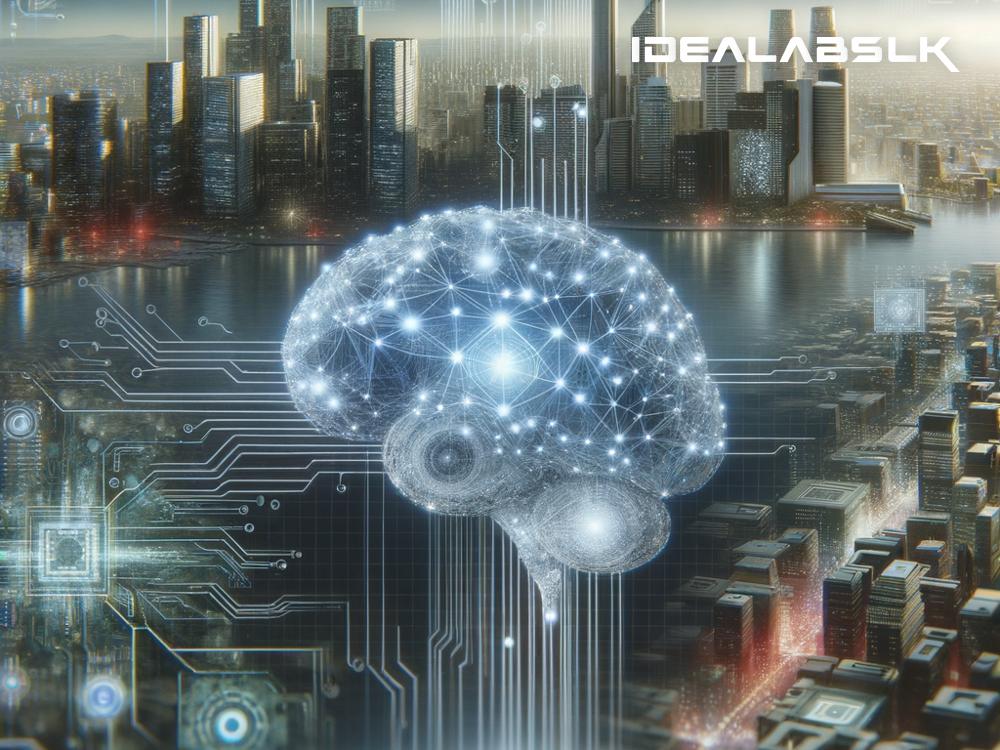AI in Simulation Games: Crafting Realistic Virtual Worlds by 2025
Welcome to the future of gaming! As we edge closer to 2025, a new era is unfolding in the realm of simulation games. Gone are the days when games were just a means of escape into a virtual reality with limited interaction. Today, we're on the brink of experiencing virtual worlds so realistic that distinguishing them from the real world might just become a delightful challenge. The secret ingredient behind this transformation? Artificial Intelligence (AI) enhanced by Machine Learning (ML).
The Evolution of Simulation Games
Simulation games, those that aim to replicate real-life activities in a virtual environment, have always been a popular genre. They offer an escape to a different reality where you could be anything from a city planner, a farmer, or even a god controlling an entire civilization. However, despite their appeal, earlier versions often felt robotic and predictable. Characters followed scripted routines, and the environment responded in yawn-inducing, repetitive patterns.
Enter 2025, and AI infused with ML is revolutionizing the scene. The developments in these technologies are creating virtual worlds that are astonishingly lifelike, immersive, and unpredictable - just like the real world.
What Makes AI and ML Game Changers?
1. Dynamic Environments
Imagine playing a game where the world evolves based on your actions. Every tree you plant grows over time, animals breed, ecosystems change, and cities expand or decline dynamically. Machine learning algorithms enable the game environment to learn from your actions and evolve in complex, unforeseeable ways, making the experience incredibly realistic and unique for each player.
2. Intelligent NPCs
Non-player characters (NPCs) in games are getting major upgrades. Thanks to AI, these characters now have the ability to learn and adapt. They can remember your previous interactions and change their behavior accordingly. Want to befriend the village blacksmith or antagonize the local tavern owner? AI ensures that your relationships with these characters have lasting impacts, influencing your gameplay in substantial ways.
3. Enhanced Decision-Making
AI and ML don’t just stop at making the game world more realistic; they also improve the decision-making process of in-game entities. Whether it's rival civilizations in a strategy game or wildlife in a survival simulator, ML algorithms help entities make decisions that are logical, unpredictable, and geared toward their self-preservation, making the game more challenging and engaging.
4. Personalized Gaming Experiences
One of the most exciting prospects of AI in simulation games is personalization. Machine learning algorithms analyze your playing style and preferences to adjust the game’s difficulty level, suggest missions, or even tailor the storylines to ensure that your gaming experience is just right for you. This means that two people playing the same game might have entirely different experiences based on their choices, preferences, and behaviors.
Challenges and Considerations
While the integration of AI and ML promises to revolutionize simulation games, there are challenges and ethical considerations. The complexity of creating such advanced AI can significantly increase the development time and cost of games. There's also the question of data privacy, as personalizing gaming experiences requires collecting and analyzing players' data.
Moreover, as virtual worlds become more realistic and immersive, we need to consider the impact on players' differentiation between virtual and real-world behaviors and consequences. The industry must navigate these waters carefully, ensuring that games remain a positive and enriching part of people’s lives.
Looking Ahead
As we look toward 2025 and beyond, the potential for AI and ML to enhance simulation games is boundless. By creating dynamic environments, intelligent NPCs, and personalized experiences, developers are poised to offer gamers virtual worlds that are not only incredibly realistic but also deeply engaging and emotionally resonant. However, it's crucial that the industry addresses the accompanying challenges thoughtfully and responsibly.
In the end, the goal remains the same: to use technology not just for the sake of innovation but to enrich the human experience, providing new ways for us to learn, explore, and connect. With AI and ML leading the charge, the future of simulation games looks brighter and more realistic than ever. Welcome to the future of gaming - it’s going to be unrealistically realistic!

